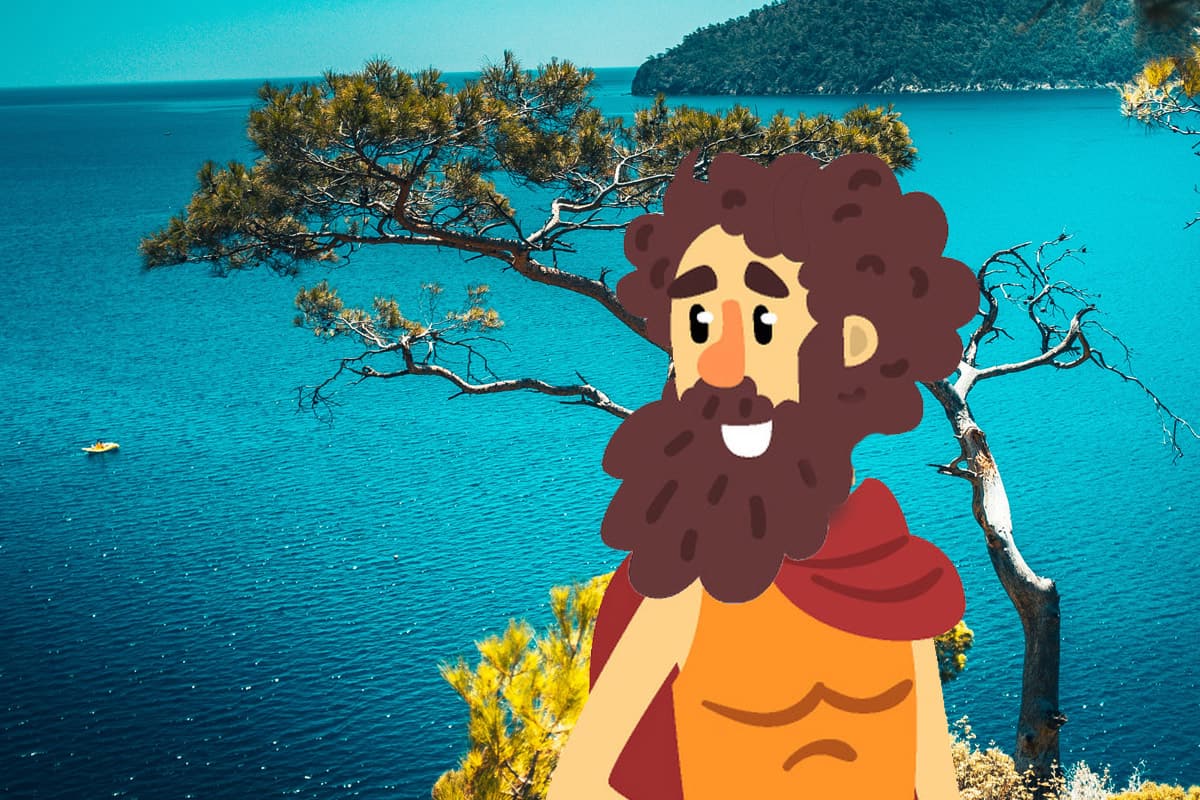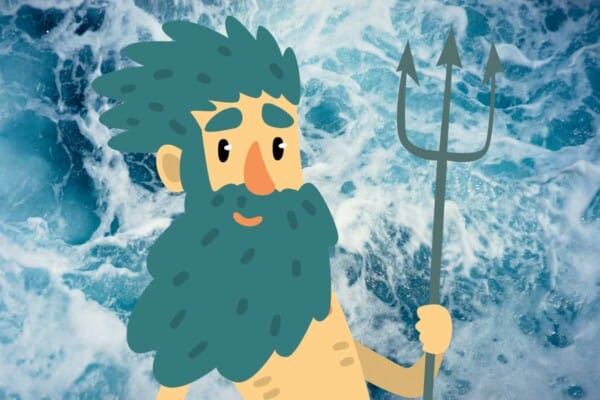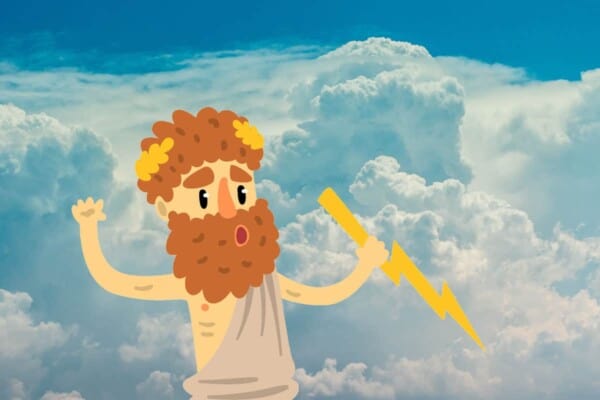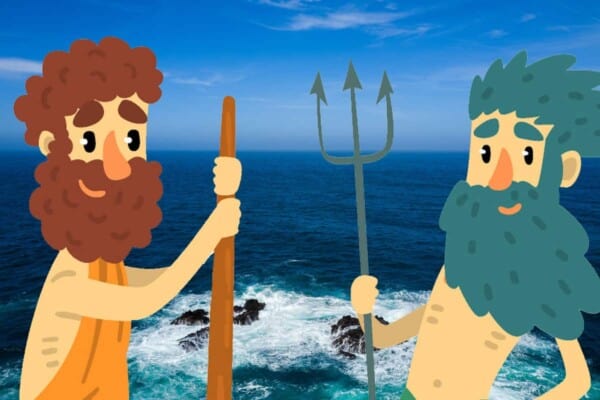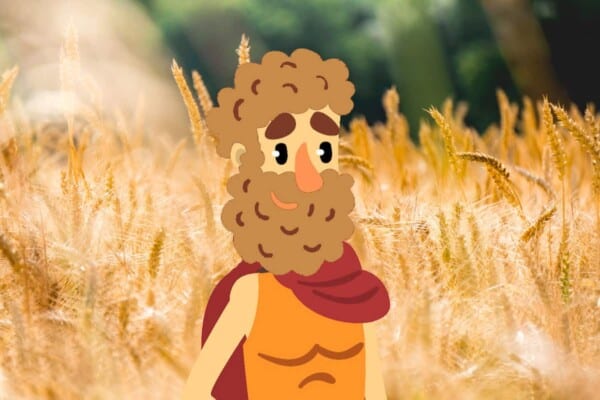Perhaps most famous as the titular character of the Odyssey, and as a key character in Homer’s Iliad cycle, Odysseus is one of the most famous of the Ancient Greek heroes. Son of an Argonaut and maternal great-grandson of Hermes, the tale of his ten-year journey to return home after the Trojan War is legendary.
Odysseus had many allies, from his beloved wife Penelope to his fellow Argonauts to a number of the Olympian gods. However, for every ally he had an enemy – and more. The following are some of the greatest foes faced by Odysseus on his quest.
Enemies, Opponents and Rivals of Odysseus
1. Ajax the Greater and Lesser
This father and son were Odysseus’s friendly rivals in his time as a soldier during the Trojan War. During the funeral games for Patroclus, Odysseus was challenged by them. He wrestled with the older Ajax (the Greater), in a match which ended in a draw.
He was then challenged by the son to a foot race. Odysseus prayed to Athena, his guardian and protector, for aid. She agreed and lent him speed, which he used to win the race.
2. Achilles
Achilles and Odysseus were both friends and rivals. While Achilles listened to Odysseus’s council, the two were opposites: Odysseus was an intellectual, while Achilles relied on brawn. Because of their differences, the two constantly argued and had many non-fatal duels.
3. Polyphemus
The giant Cyclops Polyphemus is probably Odysseus’s most well-known enemy. A son of Poseidon, he was brutal and not very clever. When Odysseus and his crew washed up onto his shores, Polyphemus murdered and ate half of Odysseus’s men.
When the Cyclops asked his name, Odysseus said it was ‘Nobody’. Later, while Polyphemus slept due to a lot of wine fed to him by Odysseus, the hero lit an alcohol-soaked stake on fire and drove it into the Cyclops’s eye, blinding him.
Polyphemus roared his rage and yelled that “Nobody” had blinded him, causing the other Cyclopes to think he had lost his mind, and allowing Odysseus and his remaining men to escape.
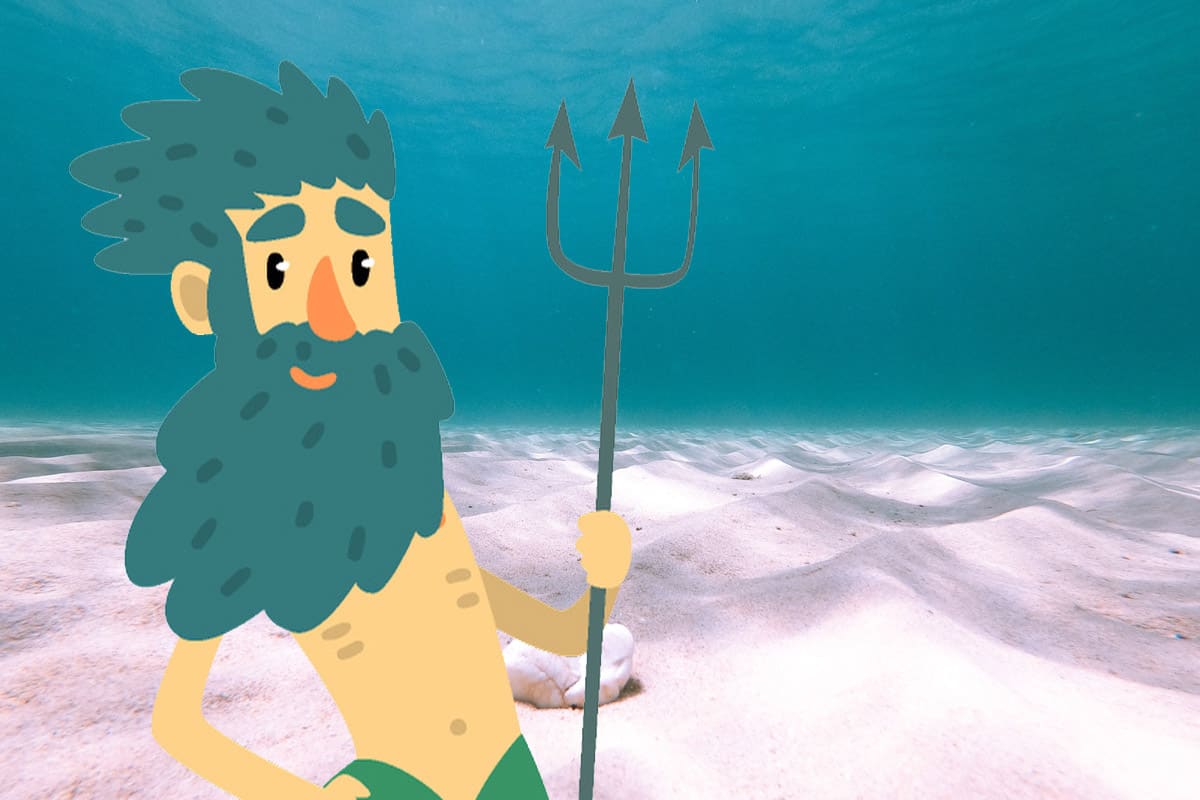
4. Poseidon
Poseidon was one of the most powerful gods of Olympus. He ruled the sea, storms, earthquakes, and horses, and it was due to him and the wind god Aelius that Odysseus’s journey back to Ithaca took so long. After Odysseus blinded Poseidon’s son Polyphemus, the god got his revenge through sending endless storms and other obstacles to deter and even damage the hero.
He chased Odysseus for years, and Odysseus only survived his rage by the interferences of Athena, Hermes, and occasionally Zeus. Zeus himself was neutral on the hero, and worked for and against him as was convenient at the time.
Even when Odysseus returned to Ithaca after a ten-year delay, Poseidon was not done with him. He was warned that he must undertake yet another voyage, buffeted with storms and bad seas, to finally satisfy and quench Poseidon’s rage.
5. Circe
Circe was an enchantress and minor goddess known for both her beauty and her ruthlessness. She would lure men to her island, and there she would poison them with her drugs that shifted their shapes into those of animals.
Poseidon’s curse caused Odysseus and his crew to alight on Circe’s island, where most of his men were promptly turned into swine.
Hermes came down to help his great-grandson and provided him with moly which would shield him from Circe’s magic. Odysseus faced her and when she could not kill him, she instead invited him to bed. Afterward, he persuaded her not to kill his men, and eventually had her turn them back from swine into humans.
Circe fell in love with Odysseus and went from enemy to mother of his children. The two stayed together on her island for a year before Odysseus once again set sail.
6. Helios
Helios was the original personification of the sun and the father of Circe. When Odysseus left Circe’s island, she warned him not to hunt Helios’s cattle, which the sun god deemed sacred. However, when Odysseus was once again waylaid onto Helios’s sacred island, his hungry men found, killed, and ate the cattle despite their leader’s warning.
Incensed, Helios threatened Zeus to either kill Odysseus’s men or be faced with Helios going to the Underworld to shine upon the dead, causing untold chaos. Zeus relented and sank their ship, leaving Odysseus as the only survivor. Odysseus washed up on the nymph Calypso’s island, where he was imprisoned as his lover for seven years until Hermes pleaded for his release.
7. The Proci
The Proci were the suitors of Penelope who tried to claim her and ruin her faithfulness while Odysseus was gone. Many of them only wanted her for her beauty or money, but no matter how much they pressured her, she would not relent. Just before Odysseus’s return, several of them planned to kill Telemachus, Odysseus’s son.
The most significant of the suitors named in The Odyssey were:
Antinous of Ithaca
He was a proud, violent man who took over Odysseus’s home and tried to claim Penelope through whatever means available to him. He knowingly and willingly defiled the sacred parts of Odysseus’s home while the hero was at sea.
He sent a group of men to kill Telemachus, but was thwarted by Athena. He also assaulted a beggar in Penelope’s home, not knowing that it was Odysseus in disguise who had just returned from his voyage.
He was eventually killed by Odysseus himself, who shot an arrow through his throat.
Eurymachus
Eurymachus was the second of the two main suitors vying for Penelope’s attentions, the first being Antinous. Eurymachus was cunning and charismatic, though extremely prone to deceit. He had the support of his father and brother, and his gifts to Penelope were more lavish than any other.
He seduced Melantho, a maid of Penelope, who told him of Penelope’s plan to avoid marriage. He also almost managed to almost convince Penelope that he was the only suitor with good intentions. Despite this he was also involved in the plot against Telemachus.
After Odysseus revealed himself, Eurymachus tried to pin the blame for everything onto Antinous, but Odysseus shot him in the chest with an arrow and killed him.
Amphinomos
He was the least bad of all the suitors, and he actively spoke against the plan to kill Telemachus. He treated the disguised Odysseus with courtesy, and Odysseus in turn warned him to leave before the slaughter of the suitors started. However, Amphinomos stayed, and was killed with the rest. He died because of a spear thrown by Telemachus.
8. Other Named Suitors in The Odyssey
- Agelaus, killed by Odysseus
- Amphimedon, killed by Telemachus
- Ctessipus, who almost killed Odysseus, and was killed by Philoetius, the cowherd.
- Demoptolomus, killed by Odysseas
- Elatus, killed by the swineherd Eumaeus who was Odysseus’s friend.
- Euryades, killed by Telemachus
- Eurydamas, killed by Odysseas
- Eurynomos
- Leiocritus, killed by Telemachus
- Leodes, a priest who did not participate in the other suitor’s
- Peisander, killed by Philoetius
- Polybus, killed by Eurymachus
9. Named suitors in the Bibliotheca
This source named all of Penelope’s suitors, though it did not entirely match up with The Odyssey’s account. Many had the same or similar names.
From Dulichium | |||||
| Amphinomus | Agenor | Meneptolemus | Marpsius | Agerochus | Hellanicus |
| Ptolmaeus | Thoas | Eurypylus | Damastor | Iphydamas | Medon |
| Periphron | Lestorides | Demoptolemus | Pylaemenes | Bias | Argius |
| Agrius | Megasthenes | Nicomachus | Euryales | Thersiochus | Polyidus |
| Calydoneus | Ctesius | Ormenius | Ceraus | Paralus | Hagius |
| Astylochus | Echion | Acaman | Diopithes | Evenorides | Clymenus |
| Schedius | Lamas | Cygnus | Mecisteus | Clytius | Philodemus |
| Antigonus | Andraemon | Pseras | Antimachus | ||
From Same | |||||
| Agelaus | Hippodochus | Peisenor | Cerberus | Eteoneus | Eumeles |
| Peisander | Eurystratus | Hyperenor | Perimedes | Clytius | Itanus |
| Elatus | Archemolus | Pheroetes | Cynnus | Prothous | Lyammus |
| Ctesippus | Ithacus | Antisthenes | Thriasus | Lycaethus | |
From Zacynthus | |||||
| Eurylocus | Leiocritus | Euryalus | Polydorus | Laomedon | Theophron |
| Celtus | Laomedes | Promonus | Periallus | Thadityus | Laodicus |
| Nissaeus | Periphas | Molebus | Nisas | Evenorides | Stratius |
| Halius | Alcarops | Ormenos | Phrenius | Magnes | Periclymenus |
| Polybus | Indius | Archestratus | Agenor | Indius | Oloetrochus |
| Antenor | Andromedes | Minis | Hippomachus | Polybus | Daesenor |
| Barthas | Pellas | ||||
From Ithaca | |||||
| Antinous | Leiodes | Amphimachus | Promachus | Aristratus | Dulicheus |
| Pronous | Eurynomus | Amphialus | Amphimedon | Helenus | Ctesippus |
All 136 of Penelope’s suitors were killed when Odysseus reclaimed his place by her side.
10. Telegonus
Telegonus was Odysseus’s son by Circe (or, in some cases, by Calypso). His mother sent him to find his father when he was grown, but he was caught in a storm, possibly sent by Poseidon. When he awoke on shore, he mistakenly thought he was in enemy territory and started attacking the city.
However, he was actually in Ithaca. Odysseus and Telemachus took up arms to defend the city. In the fighting, Odysseus was killed by Telegonus, who did not know who he was, with the spine of a stingray.
Afterward, when Telegonus realized what he had done, he buried the body on the instructions of Athena. He then took Telemachus and Penelope with him back to Circe’s island. Circe made both Telemachus and Penelope immortal.
Afterward, Telegonus married Penelope. His mother, Circe, married his half-brother, Telemachus. With Penelope, Telegonus had a son, Italus, who gave his name to what became Italy.

